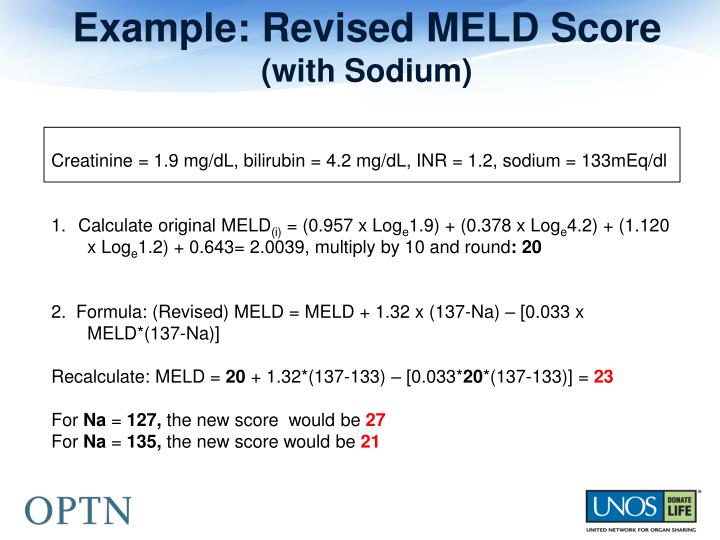

(Even if you have hepatitis B or fatty liver disease without cirrhosis, you are at increased risk of liver cancer.) Is cirrhosis a hereditary disease?Ĭirrhosis itself is not an inherited (passed from parent to child) disease. Any cause of liver disease can lead to cirrhosis, which increases your chance of liver cancer. If you have hepatitis B or hepatitis C, you have an increased risk of liver cancer because these diseases often lead to cirrhosis. If you have cirrhosis, you have an increased risk of liver cancer. However, most people who have liver cancer have cirrhosis. You are more likely to get cirrhosis of the liver if you: and is the seventh leading cause of death in the U.S. Cirrhosis causes about 26,000 deaths each year in the U.S. It affects about 1 in 200 adults age 45 to 54, the age group most commonly affected by cirrhosis. Scientists estimate that cirrhosis of the liver affects about one in 400 adults in the U.S. Late-stage cirrhosis is life-threatening. Cirrhosis eventually keeps the liver from working properly. It also reduces the production of proteins and other substances made by the liver. The scar tissue blocks the flow of blood through the liver and slows the liver’s ability to process nutrients, hormones, drugs and natural toxins (poisons). This is followed by cell repair and finally tissue scarring as a result of the repair process. Many types of liver diseases and conditions injure healthy liver cells, causing cell death and inflammation. Scar tissue keeps your liver from working properly. What is cirrhosis of the liver?Ĭirrhosis is a late-stage liver disease in which healthy liver tissue is replaced with scar tissue and the liver is permanently damaged. Cirrhosis causes scaring and nodules to form throughout the liver.


 0 kommentar(er)
0 kommentar(er)
